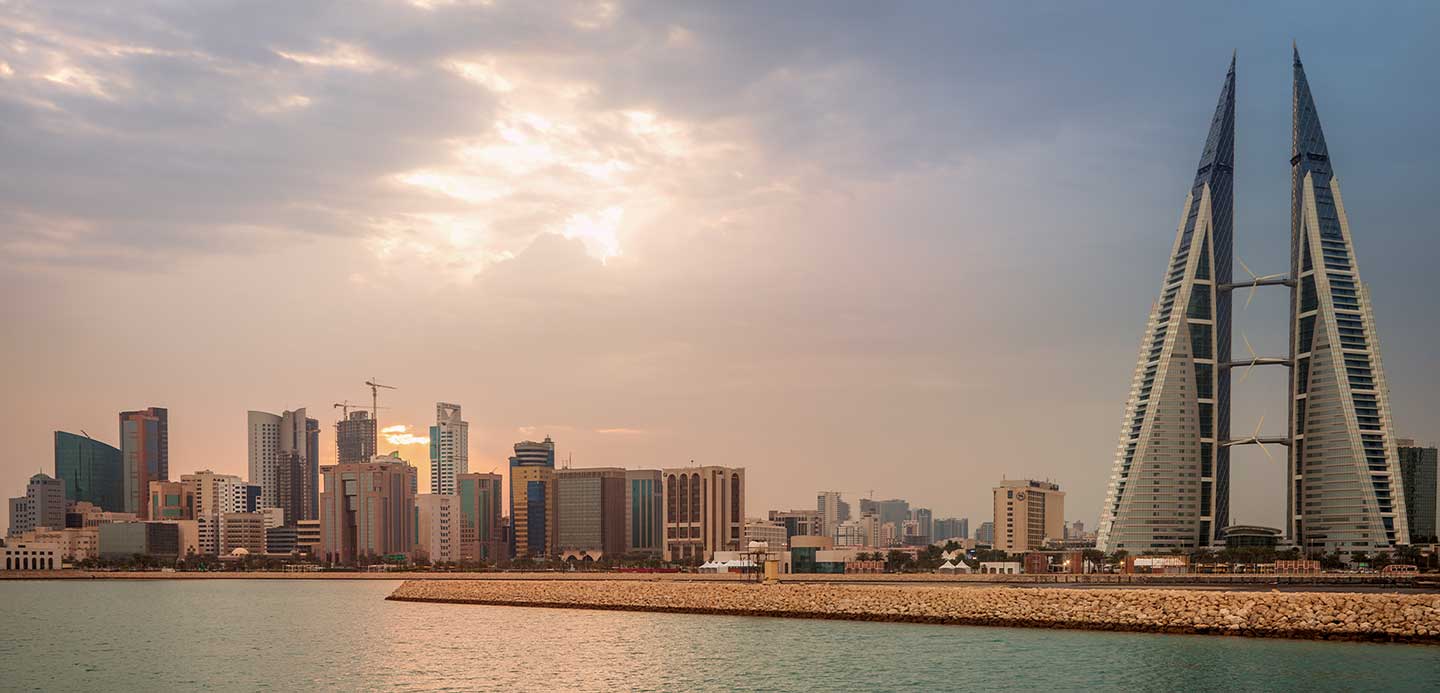For investors, entrepreneurs, and high-net-worth individuals, the words “capital gains tax” can sound like nails on a chalkboard.
This type of tax, levied on the profit from the sale of assets such as stocks, real estate, or businesses, can significantly eat into your earnings.
However, there are several countries where capital gains tax isn’t a concern at all. These tax havens attract investors from around the globe.
Let’s dive into nine countries that have no capital gains tax. All of these places have unique advantages which makes them solid choices for investors seeking tax-efficient strategies.
Singapore
Singapore is renowned for its pro-business environment and low tax rates. One of its biggest draws? The absence of capital gains tax.
Whether you’re trading stocks, selling property, or cashing out on a business, you won’t be taxed on your profits.
This tax-friendly policy is one reason Singapore has become a global financial hub.
Combined with a transparent legal system and a highly developed banking sector, it’s no wonder investors flock to this island nation.
Keep in mind though: the real estate market in Singapore is rather tightly regulated, with measures like Additional Buyer’s Stamp Duty (ABSD) to prevent overheating.
Malaysia
Malaysia also spares investors from capital gains tax, though this is primarily focused on the sale of stocks and other financial assets.
Real estate, however, is subject to a Real Property Gains Tax (RPGT), which applies to properties sold within a certain timeframe after purchase.
Malaysia’s territorial tax system means that income generated outside the country is typically not taxed which makes it particularly appealing for expats and international investors.
The country’s growing economy and relatively low cost of living add to its attractiveness as an investment destination.
Thailand
Thailand is another Southeast Asian country where capital gains tax is non-existent for most individuals.

While Thailand exempts tax for individual investors, corporate entities in the country don’t always share the same rules.
Gains from selling securities on the Stock Exchange of Thailand are tax-exempt for individual investors, which is a significant draw for those investing in the region.
However, corporate entities may still face taxes on capital gains, and there are specific rules surrounding property transactions.
Thailand’s appeal goes beyond taxes – it offers a vibrant lifestyle, a strong tourism industry and popular real estate market has long made it a magnet for foreign investment.
United Arab Emirates (UAE)
The UAE is often hailed as one of the world’s premier tax havens.
Its residents enjoy no personal income tax, inheritance tax, or capital gains tax at all. This extends to property transactions which makes the UAE a hotspot for real estate investors wanting to pay zero capital gains tax.
Dubai, in particular is now a magnet for expats and investors alike thanks to its luxurious lifestyle, stable banks, and low-tax policies.
Although the UAE recently introduced a corporate tax, it remains one of the most tax-friendly countries globally.
It’s worth noting that taxes in the UAE can vary slightly depending on the emirate, but overall, the it remains a haven for those seeking to grow their wealth without tax burdens.
Hong Kong
Hong Kong’s tax system is famously simple and business-friendly. There is no capital gains tax, making it a prime location for traders, entrepreneurs, and investors.
Whether you’re buying and selling stocks or investing in a business, you won’t need to worry about paying tax on your profits in Hong Kong.
In addition to the absence of capital gains tax, Hong Kong also doesn’t impose any estate taxes at all.
The Chinese territory’s strategic location in Asia and reputation as a global financial hub further enhance its appeal.
With that said, Hong Kong’s property market is one of the most expensive in the world, which can be a barrier for some investors.
Brunei
Brunei’s wealth largely stems from its oil and gas reserves, allowing the government to maintain a tax-free structure for its residents.
This includes no capital gains tax, making it an attractive destination for investors.

Although Brunei allows its residents to enjoy the benefit of living tax-free, the country’s investment market is small and may not be as attractive as its neighbors.
The country’s small size and relatively low-profile investment market mean it may not be the first choice for everyone
With that said, for those seeking a peaceful, tax-free environment, Brunei might be worth considering. The lack of income tax and other levies adds to its allure.
Qatar
Qatar is another Gulf state that has struck gold – literally- with its oil and gas wealth.
This enables it to maintain a tax-free environment for individuals, including no capital gains tax.
Whether you’re investing in property, stocks, or other assets, your profits remain untouched by taxation.
However, Qatar has been gradually introducing certain taxes, such as a corporate tax for businesses operating in specific industries.
Yet the country is still favorable for individual investors.
Bahrain
Bahrain is often overshadowed by its Gulf neighbors, but it holds its own as a tax-friendly destination.
The absence of capital gains tax makes it an attractive option for investors, especially those involved in the financial and real estate sectors.
The country has been working to diversify its economy beyond oil, and its financial sector is growing steadily.
Bahrain’s strategic location in the Persian Gulf further enhances its appeal as a country with no capital gains tax.
New Zealand
New Zealand offers a unique blend of natural beauty and investor-friendly policies.
The country doesn’t impose a general capital gains tax, though there are exceptions for property speculation or when properties are sold within a short period of purchase.
New Zealand’s straightforward tax system, combined with its high quality of life, makes it a desirable location for investors.
Its stable political environment and strong economy add to the list of reasons why wealthy investors are drawn to this island nation.
FAQs: Countries With No Capital Gains Tax
Which Countries Have No Capital Gains Tax?
In particular, several places in Asia and the Middle East offer a tax-friendly environment for investors. Singapore, for instance, does not impose capital gains tax on profits from stocks, property, or business sales, making it a global financial hub.
Similarly, Malaysia exempts capital gains tax on financial assets, though real estate sales may be subject to Real Property Gains Tax (RPGT).
Thailand also exempts individual investors from capital gains tax on stock market profits, though corporate entities may face different rules.
Why is the UAE a Tax-Friendly Country for Investors?
The United Arab Emirates (UAE) is renowned as one of the world’s premier tax havens. It imposes no personal income tax, inheritance tax, or capital gains tax, making it particularly attractive to real estate investors.
While a corporate tax has recently been introduced, the UAE remains one of the most tax-friendly destinations globally, with Dubai being a top choice for expats and investors.
What is Capital Gains Tax, and Why Should Investors Minimize It?
Capital gains tax is a levy on the profits earned from the sale of assets such as stocks and real estate. For investors, this tax can significantly reduce overall returns from investments.
Avoiding or minimizing capital gains tax is a major consideration for high-net-worth individuals and entrepreneurs looking to maximize their wealth.
What Are the Non-Tax Perks of Investing in Countries Without Capital Gains Tax?
Beyond the absence of capital gains tax, these countries offer various other advantages. Singapore and Hong Kong, for instance, boast transparent legal systems, highly developed banking sectors, and strategic locations in Asia which makes them global financial hubs.
The UAE and Qatar provide luxurious lifestyles and political stability, while New Zealand offers high quality of life and a stable political environment. These factors make such destinations appealing beyond just tax efficiency.







